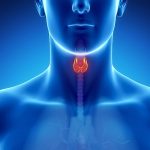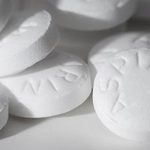
Wegovy, Ozempic and other drugs known as GLP-1 analogues have become wildly popular for controlling diabetes and helping folks lose weight. There were concerns that longer term use of the drugs might raise users’ odds for thyroid cancer, but a Swedish study of more than 435,000 people finds no evidence to support that notion. “Many people take these medicines, so it is important to study potential risks associated with them,” said study lead author Björn Pasternak. He’s principal researcher at the department of medicine at the Karolinska Institute in Stockholm. “Our study covers a broad group of patients and provides strong support that GLP-1 analogues are not associated with an increased risk of thyroid cancer,” he said in an institute news release. The findings were published April 9 in the BMJ. In the analysis, Pasternak’s team used data from a major Scandinavian database involving 145,000 people who were taking GLP-1 analogues such as liraglutide (Victoza) or semaglutide (Ozempic), and 290,000 people who were taking one of another class of diabetes drugs called DPP4 inhibitors. The study found no higher odds for thyroid cancer among folks taking GLP-1 analogues compared to those on DPP4 inhibitors. That finding was repeated when GLP-1 analogue users were compared to patients taking a third class of diabetes meds, called SGLT2 inhibitors. Study co-author Peter Ueda, an assistant professor of medicine… read on > read on >

















